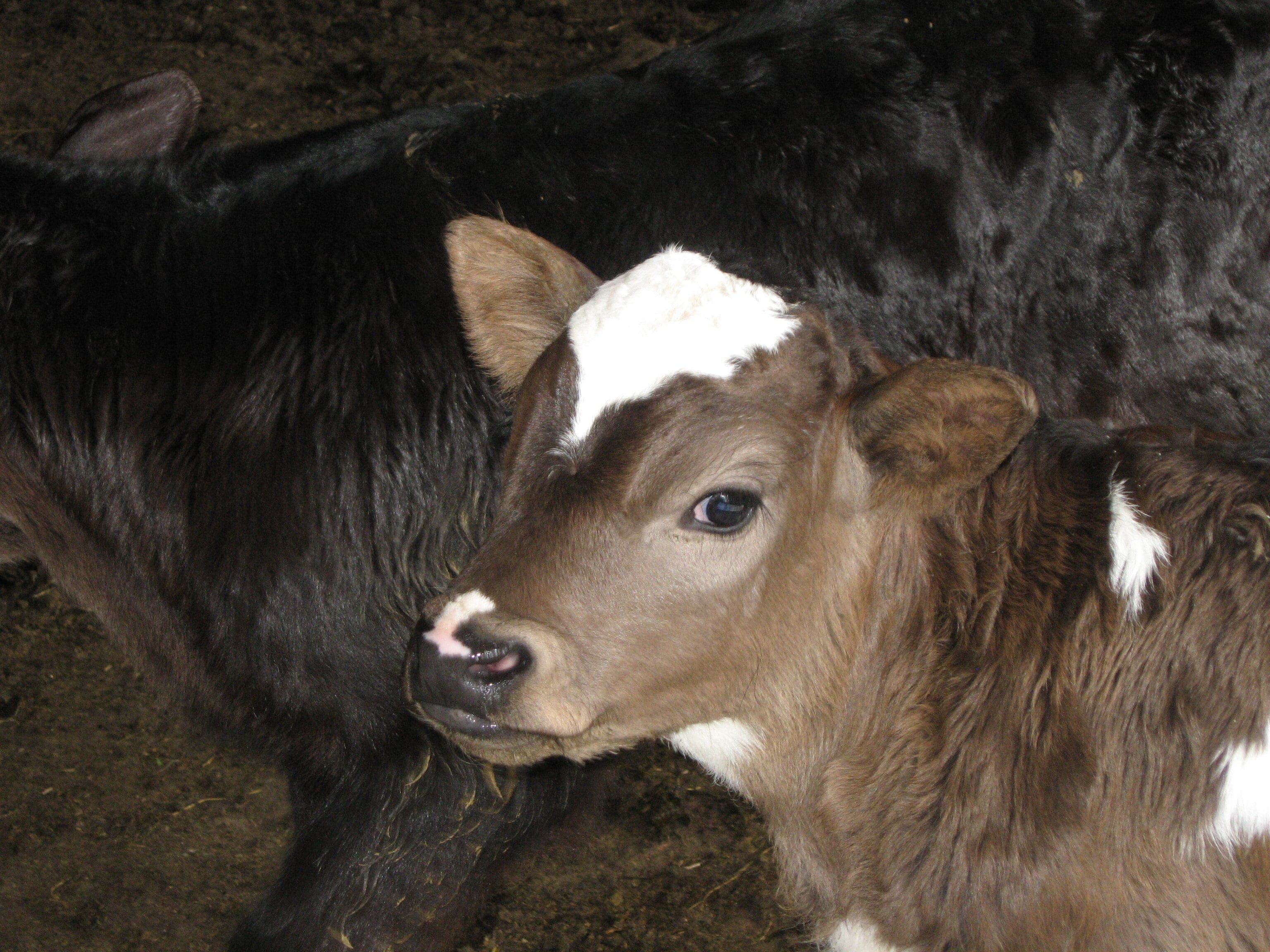Take care of newborn animals like this for better health

The baby receives all the nutrients from its mother through the placenta in the uterus. But after birth, newborn animals have to face many problems. Newborn animals can be vulnerable to many types of infections due to lack of proper care after birth. Therefore, newborn animals require special care. If you are also involved in animal husbandry business then read this post carefully. From here you can get important information related to the care of newborn animals. Let us get to know in detail about this topic.
tasks to be done immediately after birth
-
Cleaning of nose and mouth: Immediately after birth, the nose and mouth of the calf or heifer should be thoroughly cleaned. Along with this, clean the entire body of newborn animals with a dry cloth. Due to this, blood circulation occurs smoothly in the newborn animals.
-
Shortness of breath: Sometimes the lungs of newborn animals do not function fully. This makes it difficult for the animals to breathe. Apart from this, sometimes due to the presence of mucus or mucus in the nose and mouth, newborn animals also have difficulty in breathing. To avoid this problem, lightly massage the chest and other ribs of newborn animals. A syringe can be used to clear the liquid mucus that has accumulated in the nose. Along with this, put two fingers in the mouth of newborn animals and place them on the tongue. Mucus can also come out from this.
-
Cutting of the umbilical cord: Sometimes the umbilical cord does not break on its own after birth. In such a situation, tie the cord with a thread at a distance of 2 inches. After this, separate the remaining cord by cutting it with a clean scissors or blade.
-
Mother's first milk: It is necessary to give the first milk to the newborn animals within half an hour of birth. After this, feed milk to the newborn animals at an interval of every 6 hours. If the cow's colostrum is not coming out, then mix the yellow part of one egg in 1 liter of milk and half a gram of terramycin powder with half a teaspoon of castor oil and give it to the child.
-
Deworming medicine: To prevent worms in the stomach of newborn animals, on the 21st day of birth, give deworming medicine to newborn animals. After this, for 6 to 8 months, give deworming medicine to the animals once a month.
-
Cleanliness Attention: Newborn animals have less ability to fight against various diseases. In such a situation, newborn animals can be vulnerable to many types of infectious diseases. To avoid this problem, keep the animals in a clean environment. Also take care of regular cleanliness in the animal housing.
-
Animal Feed: For proper development of animals, feed milk to animals till the age of 2 months. Along with this, after the age of 1 month of the animals, feed them daily 100 grams of baby food with soft grass.
-
Vaccination: FMD under the skin of animals from 3 months to 6 months of age. Get vaccinated Animals above 6 months of age should be treated with HS under the skin. Get vaccinated Animals above 6 months of age are given BQ in the meat part as per the instructions of the pharmaceutical company. Get vaccinated
Read also:
-
Get information about nutritious fodder from here for better health of animals and increase milk production capacity.
We hope this information will prove to be important for you. If you liked this information, then like this post and also share it with other livestock farmers and farmers. So that other animal husbandry and farmer friends can also take advantage of this information and take proper care of newborn animals. Ask us your questions related to this through comments. Stay connected with the countryside for other interesting and informative information related to animal husbandry and agriculture.
Please login to continue

Get free advice from a crop doctor
